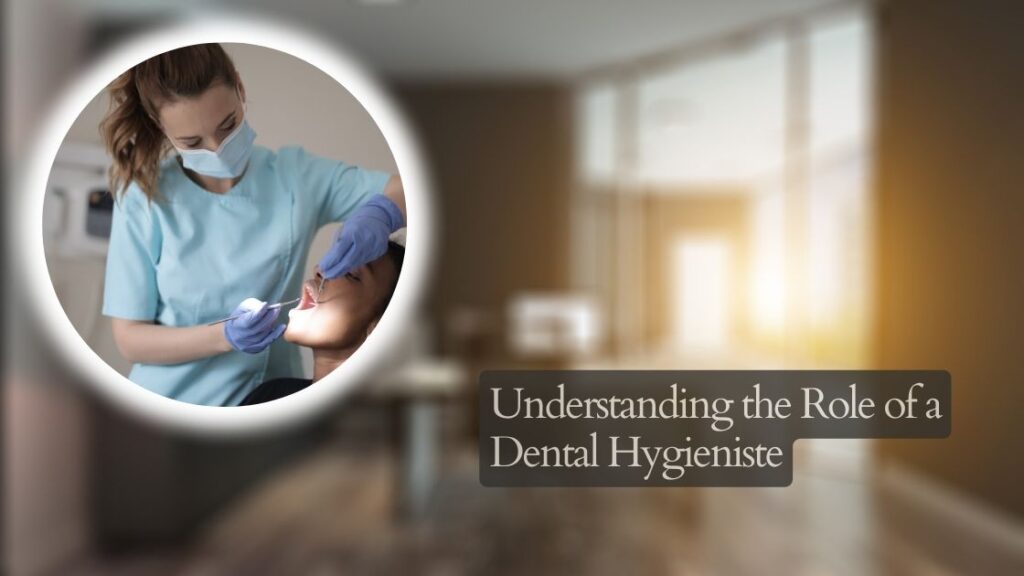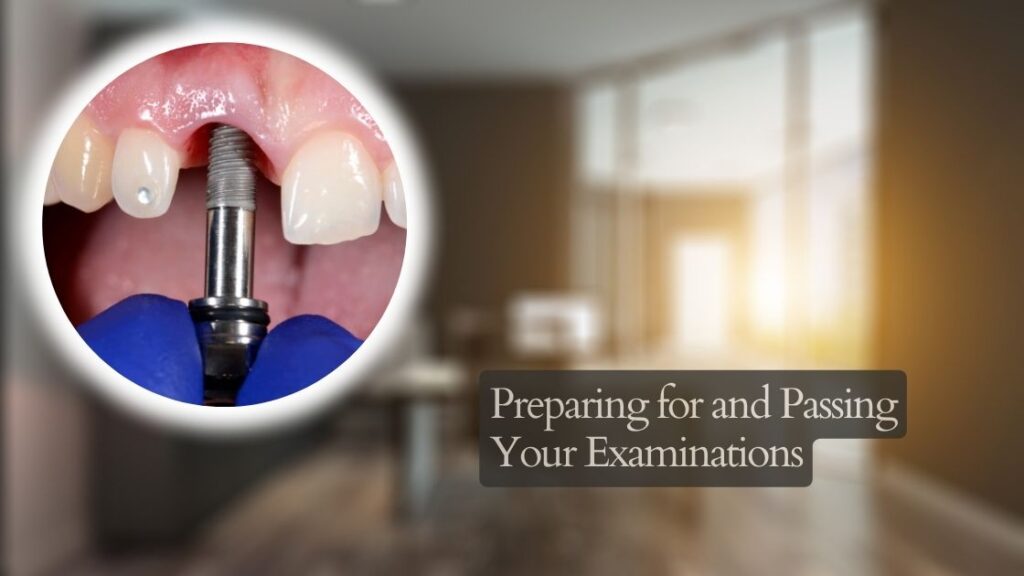Healthcare offers various career pathways, but none as satisfying or hands-on as that of dental hygiene.
If this profession appeals to you and Alaska is where your heart lies, let’s investigate this path and gain more clarity into its timeline.
In this blog page we cover How Long Does It Take to Become a Dental Hygienist blog topic.
Table of Contents
Understanding the Role of a Dental Hygienist
Before embarking on the journey toward becoming a dental hygienist, it’s crucial that one fully grasps their duties as healthcare providers who operate under dentist’s direction, with primary concerns being oral health and preventive maintenance.

Dental hygienists specialize in these fields.
Responsibilities typically include performing professional teeth cleanings, taking and interpreting x-rays, providing education on proper oral hygiene practices to their clients, and offering preventive treatments.
Now that we understand their role let’s discuss How Long Does It Take to Become a Dental Hygienist
Starting Your Dental Hygiene Education Journey
The initial step to How Long Does It Take to Become a Dental Hygienist involves receiving the appropriate education.
Alaska, like many states, mandates at minimum an Associate’s Degree in Dental Hygiene which typically takes around three years for completion.

When considering “How Long Does it Take to Become a Dental Hygienist”, keep this timeline in mind as it includes both classroom instruction and clinical practice;
Classroom education encompasses dental anatomy, dental health, nutrition and radiology – while clinical experience gained during practice allows you to refine your skills more fully than otherwise possible.
As part of your calculations for “How Long Does It Take to Become a Dental Hygienist”, make sure that hands-on learning time is considered when answering this question.
Preparing for and Passing Your Examinations
Once your degree program has concluded, the next step on your journey toward becoming a dental hygienist should involve studying for and passing your licensing exams – in Alaska this typically entails taking both the National Board Dental Hygiene Examination (NBDHE) and regional clinical exams.

Preparing for these exams takes dedication and study time that may differ between people, with several months often being necessary to pass each examination successfully.
When considering how long it will take you to become a dental hygienist.
Applying for Your License and Launching Your Career
After passing all necessary exams, the next step to becoming a dental hygienist should be applying for licensure with the Alaska Board of Dental Examiners.

This involves filling out an application, providing proof of educational credentials, exam scores and results as well as possibly going through a background check process.
Once you’ve obtained your license, it’s time to start your career as a dental hygienist.
While the entire process typically lasts four years from education through licensure, keep in mind that becoming one may require longer.
Once You’re an Established Dental Hygienist
Now that you’ve become an established dental hygienist, furthering your education and training may lead to higher positions and increased earnings potential in this profession.

Many opt to earn either their Bachelor’s or even Master’s degrees in dental hygiene related disciplines or similar topics.
Although additional qualifications may not be necessary to practice as a dental hygienist in Alaska, they could open doors for roles such as research, teaching and administration – adding years to your journey towards becoming one.
Conclusion: What Are My Chances of Becoming a Dental Hygienist in Alaska?
In Alaska, the journey to becoming a dental hygienist typically spans a four-year period, although this duration can vary depending on individual circumstances, such as exam preparation time or the pursuit of additional educational opportunities.
When pondering the question, “How Long Does It Take to Become a Dental Hygienist?”, it’s crucial to look beyond just the time investment.
Consider the broader impact of this profession on both personal and societal levels. Dental hygienists play an invaluable role in enhancing oral health, which is a critical component of overall well-being.
Their work not only helps prevent dental issues but also boosts patients’ self-confidence by helping them achieve and maintain radiant, healthy smiles.
The time you invest in this educational journey is more than just a pathway to a career; it’s an investment in improving the quality of life for others.
The skills and knowledge you acquire will enable you to make meaningful contributions to individual health and community wellness.
Therefore, every moment spent in mastering the art and science of dental hygiene is time well-spent, setting you up for a fulfilling and impactful career in a field that continually seeks to improve people’s lives.


